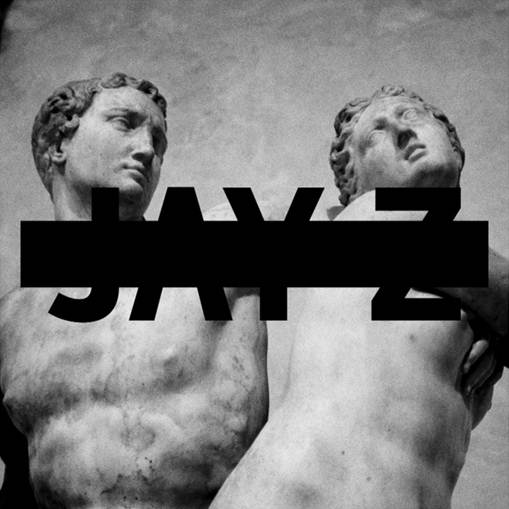After arguably one of the most inspired marketing campaigns of recent memory in the music industry, critics all over the world are beginning to come to the consensus that 2013 has been the best year for hip-hop and it’s becoming increasingly difficult to disagree with that. J.Cole and Kanye West have both released chart-topping albums in the last few weeks and now Jay-Z has got in on the act with his 12th studio album, Magna Carta Holy Grail.
Hova has said in the weeks building up to the album’s release that the inspiration for his 12th solo LP came from his father leaving him as a child and how he’s had to become his own man having not been taught “how to be a man nor how to raise a child” and this definitely comes across in the album. The album is very gritty and is in stark contrast to his last solo album, the Blueprint 3, as Jay looks to have stepped away from making music for the radio and taken strides towards the more conventional hip-hop work he’s done such as 2003’s Black Album.
Similar to his former protégé Kanye West, Hova has called in the best in the business to assist him in the production of this album. Long-time friends: Pharrell Williams, Timbaland and Swiss Beatz fronted an all-star group of producers that worked on this album as Jay-Z also went to town on the collaborations for the album as Justin Timberlake and Beyoncé feature on two tracks whereas Nas, Frank Ocean and Rick Ross also feature on a track each. Contrary to West though, who’s album was very minimalist, Jay-Z’s LP is completely different as there’s a lot going on from a production standpoint in every track yet the sound is concise with the focus on the lryics; it’s not a messy listen.
In the initial promotional video for this album, Jay-Z tells Rick Rubin that this album is very much about navigating your way through stardom and the struggles that come with trying to still be yourself and not be moulded by the success or the failures and from the very first track, we’re told about how Jay-Z himself dealt with these issues. “Caught up in all these lights and cameras … look at what it did to (MC)Hammer, Tyson, but God dammit, I like it” Jay here is referring to the fact that some very high profile stars have thrown away their fortunes and success because of what fame has done to them and how he’s learning from these mistakes. The album continues to take the listener on this journey as Hova discusses how he dealt with the severe materialism and turmoil that came with his fame and culminates in the final few tracks, particularly Jay-Z Blue, where Hova tells us how much easier things could have been if his father hadn’t abandoned him and how he fears not being the best father possible for his own daughter, Blue Ivy.
This album is a throwback to Jay-Z’s past in the sense that he actually discusses his rise to fame all those years ago as well as it being a throwback to the old-school Jay-Z of the early 00’s and late nineties. It’s also a bit of a statement album in the sense that he feels the need to respond to criticism of his abilities as he does in Picasso Baby. Hova’s flow and lyrics have always been up there with the best, some argue that he’s even the best ever, even at the ripe old age of 43 but this album shows that despite the criticism there’s plenty left in the tank of the Marcy native as what he’s come up with has brought hip-hop back to what he believes it should be about – It’s about the emotion.

